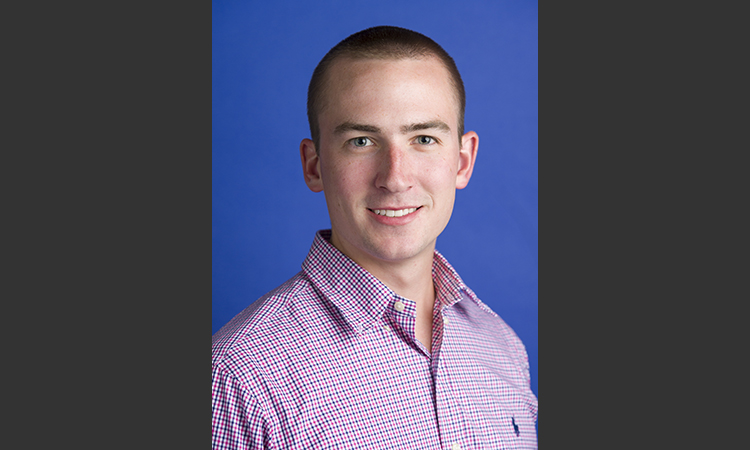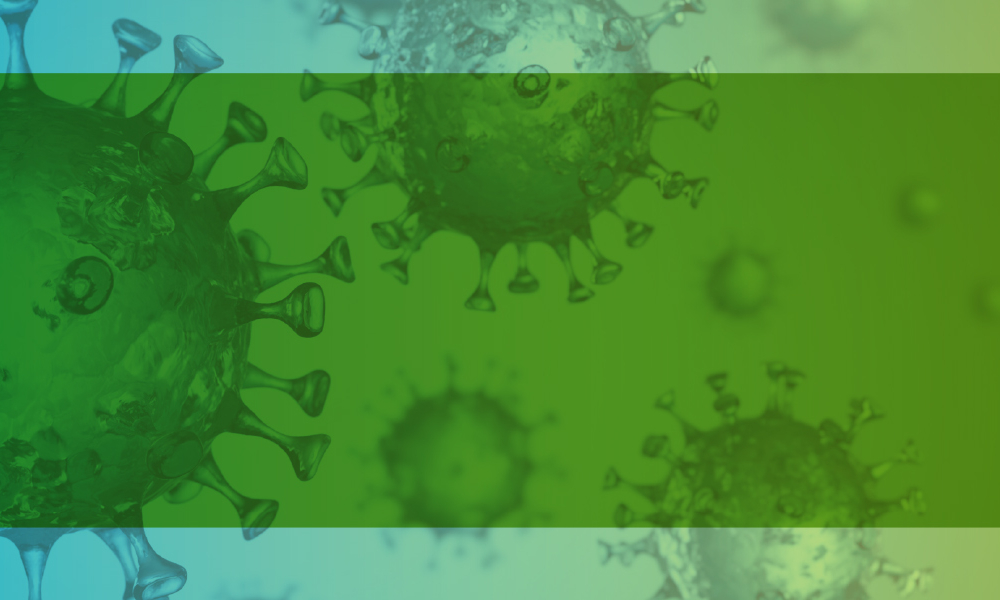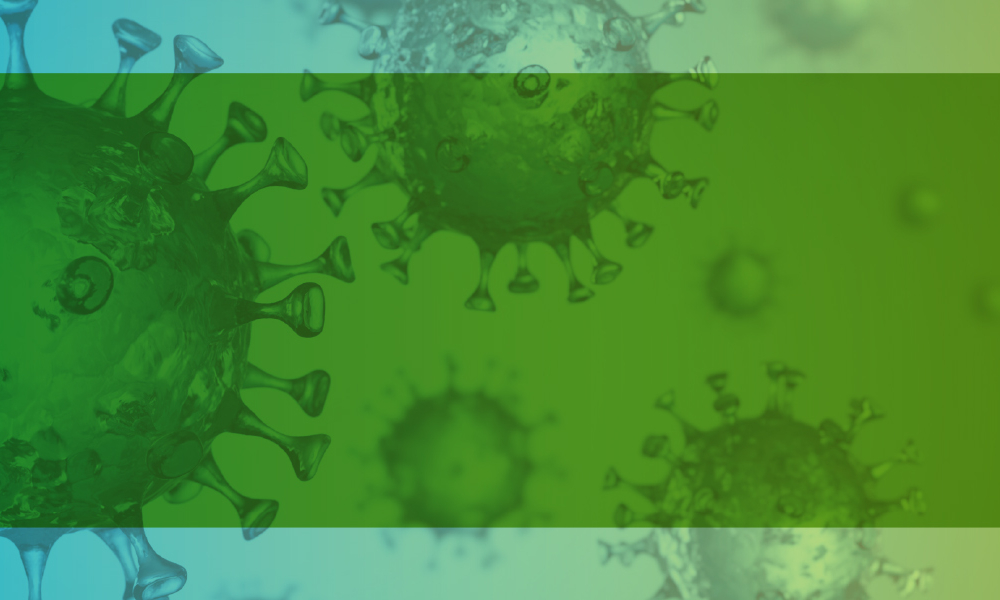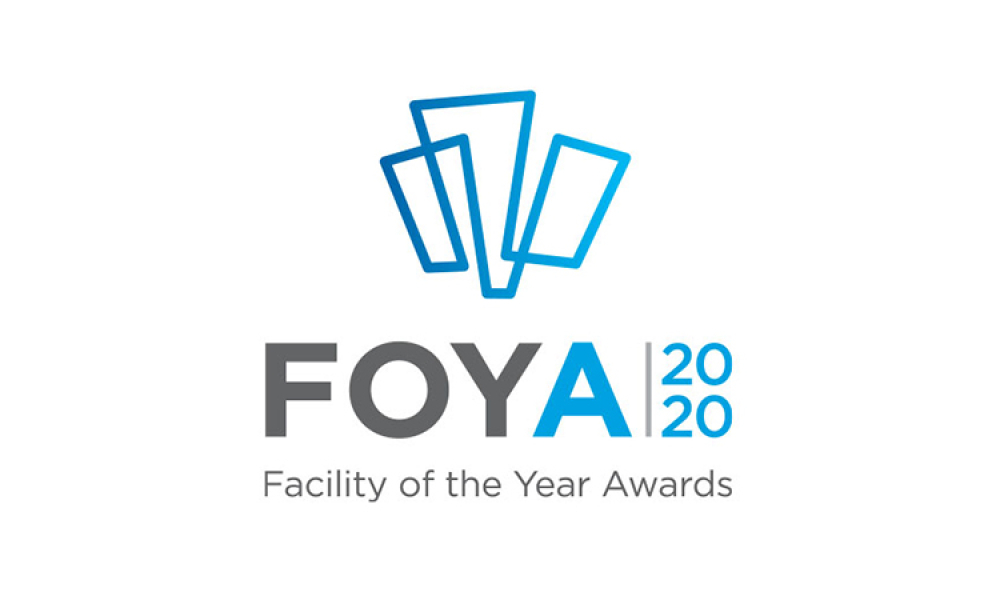My First ISPE Annual Meeting Experience

As I walked up to the Atlanta Marriott Marquis, the magnitude and grandeur of the building set the stage for how much bigger this ISPE event was than any business event I’d previously attended. The atrium was packed to the brim. There were polished professionals, contemporary booths, and fancy hors d’oeuvres. As an engineer with two years of experience in the industry, I wondered how I would mesh with the seasoned experts from all over the globe. Unfortunately, for newcomers to pharma, there can be a steep learning curve. When we find ourselves face-to-face with the subject matter experts and head honchos of the industry, we’re prone to drop in a conversation killer or two: “I’ve got a GMP OSD facility with USP WFI and RO. Which one am I drinking from the water fountain?” or “Why does everyone squirm over the number 483?” In reality, the anxiety as a young professional at the ISPE Annual Meeting quickly subsided as I conversed with fellow members, students, panelists, volunteers, and ISPE leadership. Regardless of background or experience level, I found there is a genuine interest and respect among all professionals, and it fosters great new relationships, educational opportunities, and a renewed pride in the work we do.

Networking
Everyone’s heard the saying before, “It’s all about who you know.” In my short time as an engineer, I’ve realized this applies in our industry. The vast scope of work involved in running a pharmaceutical facility (operations, compliance, validation, quality, engineering, etc.) makes it virtually impossible to be an expert in all areas. Creating new relationships (and maintaining old ones) lends access to an extensive pool of industry knowledge spanning all focus areas. While the internet can be a valuable resource for information, it’s the trusted personal connections established throughout a career that can be counted on when faced with a difficult issue or situation.
At the ISPE Annual Meeting, you are surrounded by individuals with specialized expertise within various sectors of the industry. It’s an excellent opportunity to discuss ideas and build relationships. After having spent several hours at the event, I noticed that I had made connections just about everywhere. I had conversations over lunch, on the expo floor, through mutual friends, social events, education sessions, and even in the elevator. Making new connections is one of the greatest benefits of attending the ISPE Annual Meeting, so my advice to other young professionals is to not be afraid to put yourself out there. Introduce yourself often. I am confident the contacts I made may be valuable resources at some point in the future. In fact, I am already partnering with an expert I met on the expo floor for assistance with a project issue.
Education
As professionals, we owe it to ourselves to continually focus on self-improvement and learn about industry excellence. While the networking aspect of the ISPE Annual Meeting is important, the educational sessions provide an opportunity to strengthen the technical skill set. The seminars cover a broad range of topics, but I’ll just touch on a few that I found particularly valuable.
I spent several months of my career at a facility that had issues with rouging. The persistence of this elusive problem surprised me—this couldn’t be the only facility that dealt with rouging, right? Luckily there was a two-part seminar on “Rouging in Pharmaceutical Production” at the ISPE Annual Meeting. For me, this session alone made the conference worthwhile. I had no idea that this was such a common and complex topic. What causes rouging? How should it be monitored? Do I need to de-rouge? Like many problems, it is complex and there is no clear-cut solution or fix-all. I commend the presenters (Marc Vernier, Thomas Wellauer, Robert Haas, and Andreas Marjoram) for performing and collecting test data on causes, risks, and de-rouging effectiveness, all of which fostered great conversation. It was truly the most collaborative, discussion-based seminar that I attended.
I also thoroughly enjoyed the educational session on Next Generation Biomanufacturing. This gave a detailed look into up-and-coming technologies like inline dilution and inline conditioning as well as the pros and cons of these technologies as evaluated and applied by end-users. Within the same seminar, Dr. Kevin Love gave insight to the groundbreaking research that he is leading at Massachusetts Institute of Technology. His work centers on the push for personalized medicine and the potential for point-of-use manufacture of medications catered to an individual’s genome.
As a young professional, some of the education sessions introduced new topics or concepts that could be overwhelming at times. Nonetheless, it was an experience that has driven me to continue seeking experience and knowledge in our complex yet rewarding industry.
Keynote
I would be remiss not to mention the keynote address by Nicole Pierson at the ISPE Annual Meeting. Nicole told the story of her now-10-year-old son Gavin and his battle with a fast-growing brain tumor (a mature teratoma). Over several years, countless hospital visits, craniotomies, and chemotherapies—all attempts proved to be ineffective in stunting the growth of Gavin’s teratoma. Seeking other options, the Pierson family applied for a drug made by Pfizer (palbociclib) via the company’s compassionate use program. The investigational drug had never before been given to a child, but palbociclib miraculously stopped the growth of Gavin’s tumor which then enabled the removal of the mass via a series of laser ablation surgeries. He is now in remission. For more information on Gavin and Nicole Pierson, see “ISPE Hosts 2016 Annual Meeting & Expo in Atlanta,” Pharmaceutical Engineering 36, no. 6 (November/December 2016): 17–25.
This keynote address was a powerful story of survival, but it also served as reminder of the underlying reason, the real reason that we do the work that we do. We do this to improve the lives of patients. For many of us, this means our family, friends, neighbors, and pets. We all have a responsibility at work and thus have a hand in ensuring the clean, safe, and successful manufacture of life-changing medications. Following this keynote, the attendees were commended by the Pierson family, who urged us to take pride in our line of work. Ultimately, my hope is that the torch is passed on to the next generation of industry leaders and that we don’t lose sight of the importance and impact our work has on the well-being of others.
From my perspective, the ISPE Annual Meeting is worth the investment of time and energy. It’s an experience that is as good as you decide to make it. To my fellow newcomers—introduce yourself, ask questions, study the educational topics, take notes, and listen. Be a sponge. You’d be surprised how much you can learn about the industry and others’ roles in just a few days.


